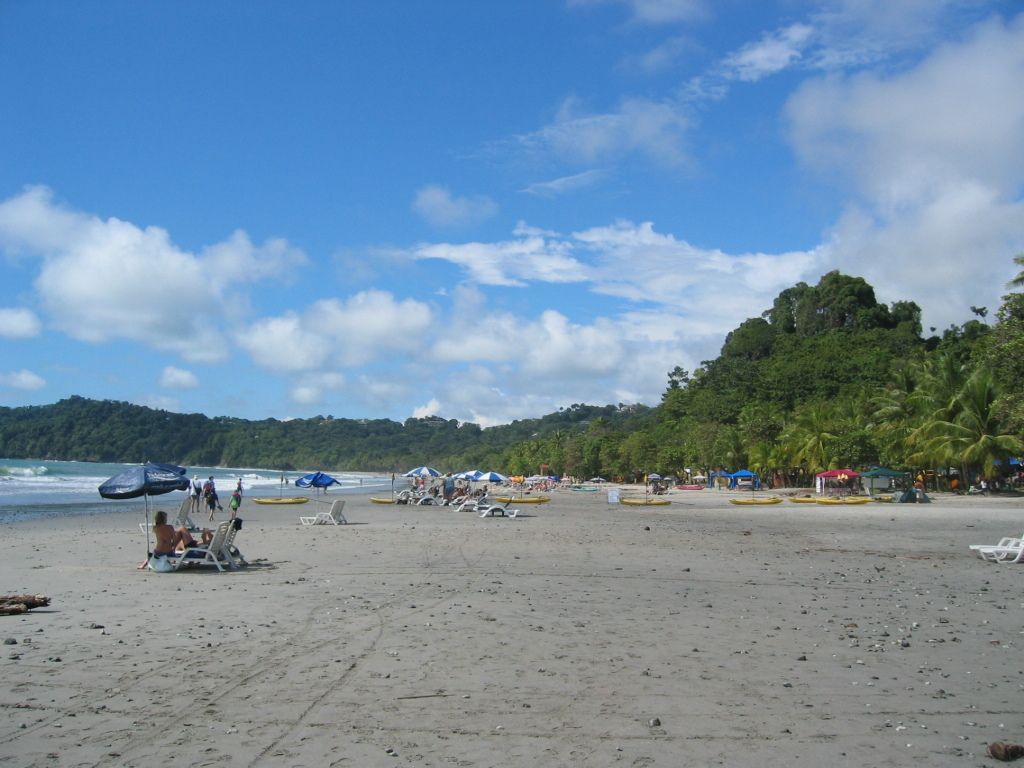Following the tragic incident in Solingen, Rhineland-Palatinate's Minister of Justice, Herbert Mertin, advocates for an open dialogue, cautioning against hasty propositions that overlook the complexities of asylum and criminal law. He stresses that there isn't a one-size-fits-all solution, and addressing issues such as knife crime requires careful consideration of numerous factors.
Strictening knife regulations alone may not deter violent incidents like the one in Solingen. Previous research commissioned by justice ministers aims to provide insights into the knife crime situation. Results are expected to shape future policy decisions.
Mertin, acknowledging the challenges associated with deportation, shares his thoughts on the Syrian suspect involved in the Solingen case. He suggests that blaming politicians for failed deportation efforts won't be beneficial to anyone, and instead, efforts should focus on overcoming obstacles at both the European and national levels.
In Solingen, a town celebration turned tragic, resulting in three fatalities and eight injuries. The suspected culprit, a 26-year-old Syrian, had entered Germany via Bulgaria at the end of 2022. Despite being initially slated for removal to Bulgaria under EU asylum guidelines, he failed to appear for his appointment in 2023.
Calls for reinforced asylum and deportation policies have emerged following the incident. Rhineland-Palatinate's faction leader, Gordon Schnieder, requested restricting the distribution of asylum seekers and refugees without a clear residence prospect to municipalities. Meanwhile, AfD faction leader Jan Bollinger advocated for a "structural deportation offensive."
However, the Rhineland-Palatinate Refugee Council warns against rash policy changes. They believe that rejected asylum seekers and refugees without a clear residence prospect are actively seeking employment, language courses, and integration activities. By providing adequate support and resources, these individuals can integrate smoothly.
As of July 31, 2024, 8,619 individuals were on the list for deportation in Rhineland-Palatinate. Out of these, 6,564 possessed temporary residence permits, preventing their deportation.
The Dublin-III Regulation, which aims to relocate asylum seekers to their first point of entry in Europe, provides the basis for transfers within the EU. However, this rule is not always enforced, and transfers often fail due to individuals refusing to board a plane or other practical challenges.
Justice Minister Mertin encourages a thorough examination of the reasons behind failed transfers. He urges exploring reasons like individuals deliberately missing appointments or merely absent due to unforeseen circumstances. Thiscan potentially extend the deadline for transfers.
Looking ahead to 2026, a review of the European Arrest Warrant could help clarify whether existing deportation and transfer procedures are adequate. Meanwhile, the Central Office for Return Questions, funded by the state, offers assistance in resolving practical deportation issues.
At its core, the discussion following the Solingen incident is centered around effectively managing the situation for individuals without clear residence prospects. Mertin emphasizes the importance of conducting a comprehensive examination of reasons behind failed transfers to ensure successful deportations and transfers in the future.
Additional Insights:
Protests against migration policy changes have been common in Germany, including Rhineland-Palatinate. These demonstrations reflect strong public opposition to stricter migration controls and deportations. This resistance could potentially complicate the deportation process. Legally, any proposed policy changes must comply with international and national laws. If these policies are deemed too harsh or violate human rights, they could be challenged in court. Humanitarian concerns also play a significant role in deportation efforts. In some cases, individuals may have valid asylum claims or other reasons for staying in the country. Additionally, local communities provide support to individuals facing deportation, which can complicate the process.








